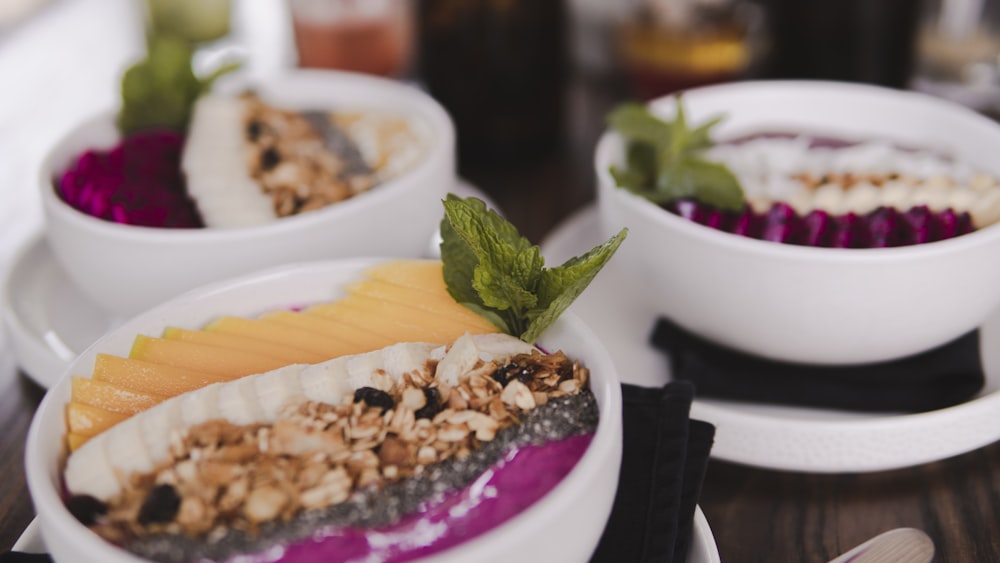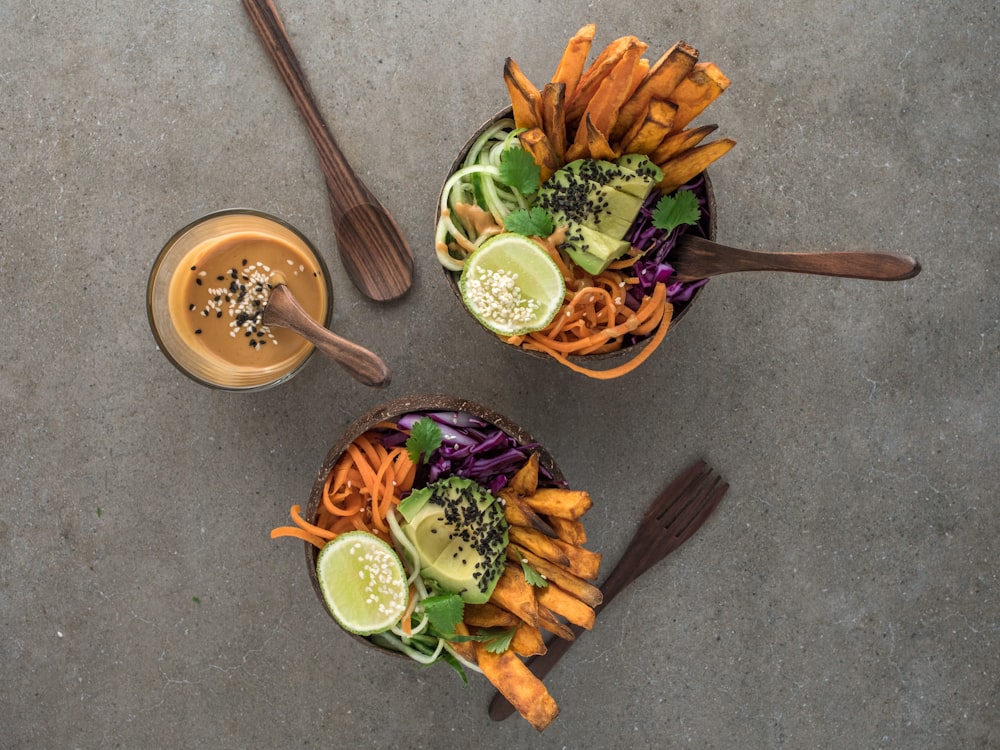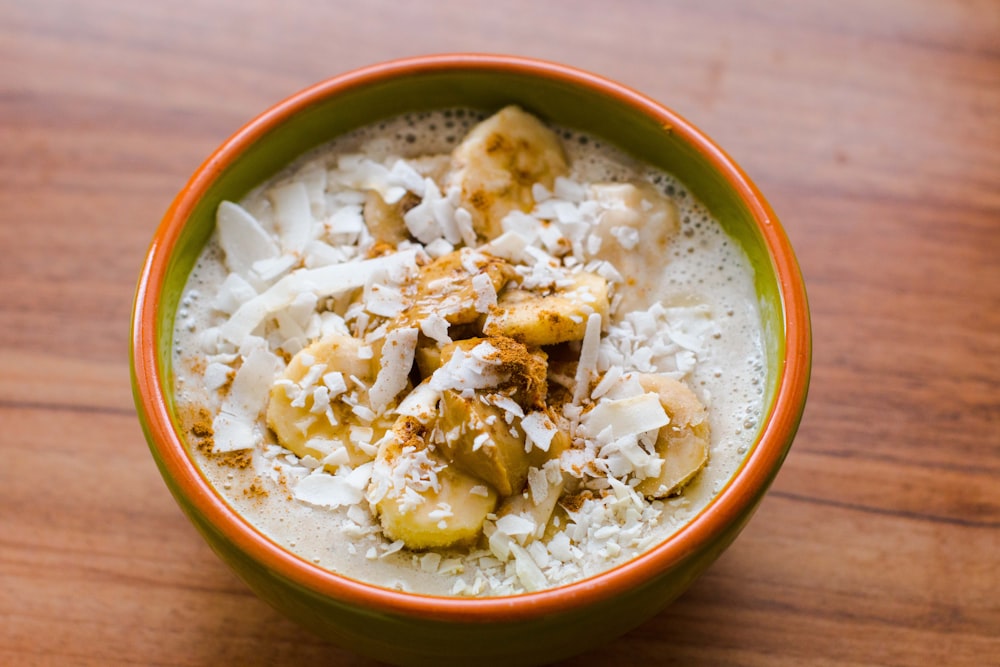
Because of the rise in popularity of plant-based diets, a vegan VS raw vegan debate has been popular, too. Followers of a vegan diet have a lot to say about the benefits of their lifestyle choice, and the data speaks for itself.
Veganism experienced a major boom in popularity in the late 2010s. Alongside it, a new fad emerged; the raw vegan diet.
In this article, we’ll do an overview of vegan vs raw vegan to help you decide which to try. First, let’s discuss the concept of eating raw foods.

Benefits of Eating Raw Food
Even though it seems like the raw vegan diet is a 21st-century trend, the idea of eating raw foods for better health is actually pretty dated. Eating raw actually dates as far back as the 18th century, when American Presbyterian minister Sylvester Graham advocated that eating raw food was a great way to ward off disease. At the time, his ideas were accepted by only a small following.
In the modern age, however, with animal rights concerns being voiced louder than ever, the increasing education on the impact our food industry has on the environment, and more people simply generally trying to live healthier lifestyles, plant-based eating is on the rise. Vegan and raw vegan diets are gaining quite a bit of steam. How many times have you heard one of your friends announce that they were going vegan?
Even though many vegans and raw vegans worry about getting enough protein and healthy fats, there are quite a few professional athletes who have adopted this plant-based lifestyle and are voicing their encouragement for others to follow suit.
So, aside from the obvious, what’s the difference between a vegan and a raw vegan diet? Is one better than the other? Read on for an in-depth look at these two similar, yet very different diets:
Vegan VS Raw Vegan: What’s the Difference?
Being a vegan or a raw vegan is not just a diet you’re following. It’s also a lifestyle choice.
Followers of a vegan diet abstain from any food products that were made from animals or came from animals. This includes meat, fish, eggs, dairy products, honey, and foods containing gelatin. A vegan diet is rich in fruits and vegetables (especially leafy greens) nuts and seeds, beans, whole grains (especially protein-rich grains like quinoa) and sprouts.
A raw vegan diet is very similar. The main difference is that those who follow a raw vegan diet consume their food completely uncooked, or only heated to temperatures below 104-118° Fahrenheit (40-48° Celsius). This, they believe, is the way to get the most vital nutrients out of what they consume.
A raw vegan diet is also lower in sodium and eliminates any processed food. As you can probably guess, a raw vegan diet is much more challenging to follow – but it could also be more rewarding. If you think the health benefits of going raw are worth the challenges, you may want to give it a try.
Meals for a raw vegan diet are often prepared by juicing, fermenting, blending, sprouting, or dehydrating. A vegan, however, can cook their food as they wish, and eat processed foods.
Advocates of the raw vegan diet claim that all the nutrients humans need can be found by consuming raw foods, and that there is no need to use nutritional supplements as a source of iron or protein. For example, raw cacao is a raw superfood that happens to be the highest source of iron for vegans.

Benefits of Veganism
The benefits of a vegan diet are outstanding. The data points to a vegan diet being linked to lowered risks of certain cancers, heart disease, and type II diabetes. Vegans typically have lower cholesterol and a lower body mass index. A vegan diet also seems to improve digestion and may help with weight loss.
A vegan diet is varied; can you imagine surviving on only salads? Without meat to fill up on, vegans need to diversify their menu to get enough calories, which is exactly why a vegan diet is so nutritious. All the different ingredients that make vegan meals inevitably lead to an increased intake of nutrients, fibre, vitamins, and minerals.
A raw vegan diet has pretty much the same benefits but advocates of the raw food diet claim that eating their food raw is healthier because eating food raw completely preserves the nutrients and enzymes in it.
Why Go Raw?
Both our bodies and the food we eat contain enzymes – little proteins that are activated when we eat and go to work breaking down our food into small enough molecules that can be absorbed. Enzymes, however, are heat-sensitive, and when they’re exposed to temperatures above 117° F (or 47° C) they become deactivated.
This is why people who follow a raw vegan diet don’t heat their food above 118° F; they believe that destroying the enzymes in food causes our bodies to produce more enzymes for digestion. This uses more energy, stressing the body and putting it at risk of an enzyme deficiency.
It’s also commonly accepted in the raw community that cooking food results in lost nutrients, and there is evidence to support this. In particular, water-soluble vitamins (like C and B vitamins) do ‘leak’ out of vegetables when they’re cooked, more so when they’re boiled compared to other cooking methods. (As a quick side note, drinking the water used to boil your veggies is an easy, and yummy, way to get those vitamins into you, rather than down the drain).
The time it takes to cook your veggies plays a part in nutrient loss as well; the longer food is cooked, the more nutrients are lost.
How Can A Raw Vegan Diet Go Astray?
Just as with a cooked-food, regular vegan diet, a raw vegan diet requires effort, thought and prep work. A poorly planned out diet of any kind can result in a lack of proteins, minerals, and vitamins, but this is especially true in the case of a raw food diet.
A raw food vegan diet can lack protein, calcium, and vitamin D – nutrients that are essential in building strong bones and promoting muscle growth.
Vitamin B12 is another nutrient that’s severely lacking on a raw vegan diet, which can damage a nervous system, lead to anaemia and could even cause infertility.
While cooking some foods might decrease their nutrient density, it can increase the number of antioxidants, like beta carotene, which is converted into vitamin A.
Getting these nutrients in the form of supplements is crucial if you choose to follow a raw vegan diet.
Chewing well is necessary, as uncooked food is harder to break down and digest than cooked food is. For example, have you ever noticed how long it takes to chew a raw carrot?
What’s more, thoroughly washing produce to kill bacteria and microorganisms is vital on a raw food diet, since they won’t be exposed to the high cooking temperatures that normally kill such bacteria. When it comes to the vegan vs raw vegan debate, it’s true that raw vegans have to be more careful and more diligent to avoid unwanted bacteria.

What Do Raw Vegans Eat?
Typically, to follow a raw vegan diet, around 75% of what you consume is raw or cooked under 117°. Common exceptions are condiments like soy sauce or sweeteners like maple syrup, as well as nut butter and nut milk, which have been heated during processing.
However, these are the only processed foods allowed on a raw vegan diet. Snacks like chips, baked goods, pasteurized juice, alcohol, coffee or tea are all avoided.
Fruits and vegetables can be eaten fresh, juiced, blended into a smoothie or dried. Dried fruit is a delicious snack that raw vegans enjoy.
Fermented foods such as pickles or miso are rich in gut-friendly probiotics and are allowed on a raw food diet.
Nuts and seeds can be seasoned (without salt) but are eaten completely raw, whole grains or legumes need to be soaked or sprouted.
Raw vegans have their own versions of popular meals. For example, a raw vegan can eat avocado toast by using their own raw vegan flax bread recipe; a tasty bread made with flaxseeds and sunflower seeds.
In Conclusion
A diet rich in plant-based foods is a sure-fire way to keep your body healthy, but you don’t need to strictly follow a raw food diet to reap those benefits.
Don’t go raw unless you’re sure you can handle such a restrictive diet.
Many easy, raw vegan recipes can be found online for you to add to your menu rotation. Healthy vegan recipes can also be found in abundance online. There are many health benefits of eating a plant-based diet, and that’s why vegan and raw vegan diets have been rising in popularity.
The best diet for you, however, could be something different. As part of your CircleDNA report, you can find out the optimal diet for you, based on your genetics. You’ll receive a comprehensive diet and nutrition profile when you take a CircleDNA test.






